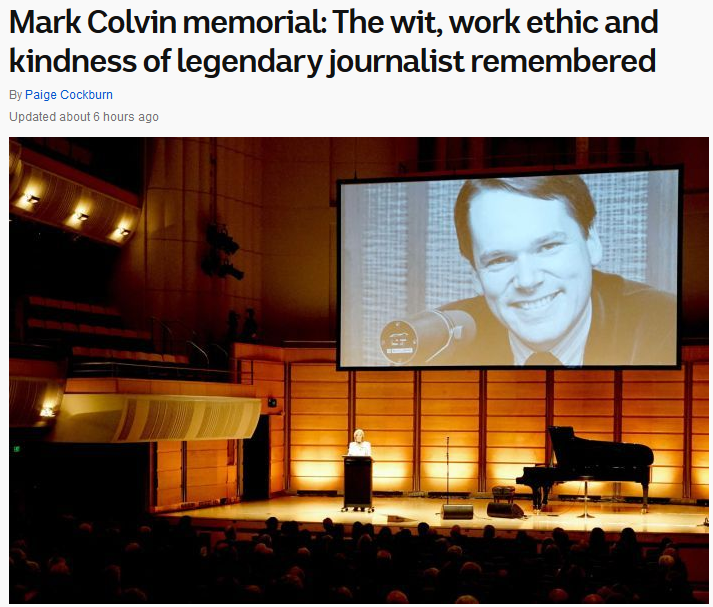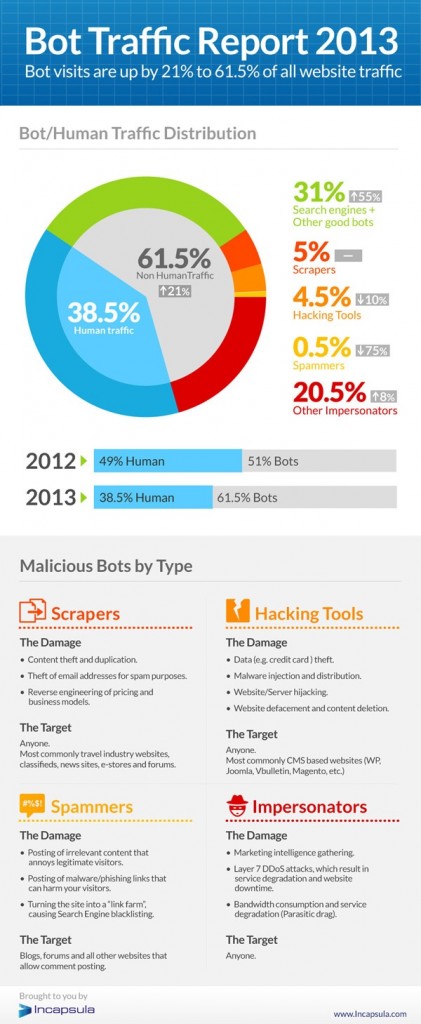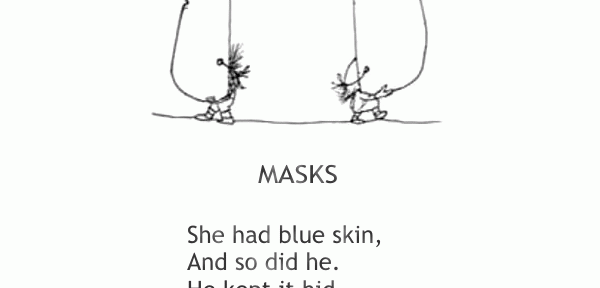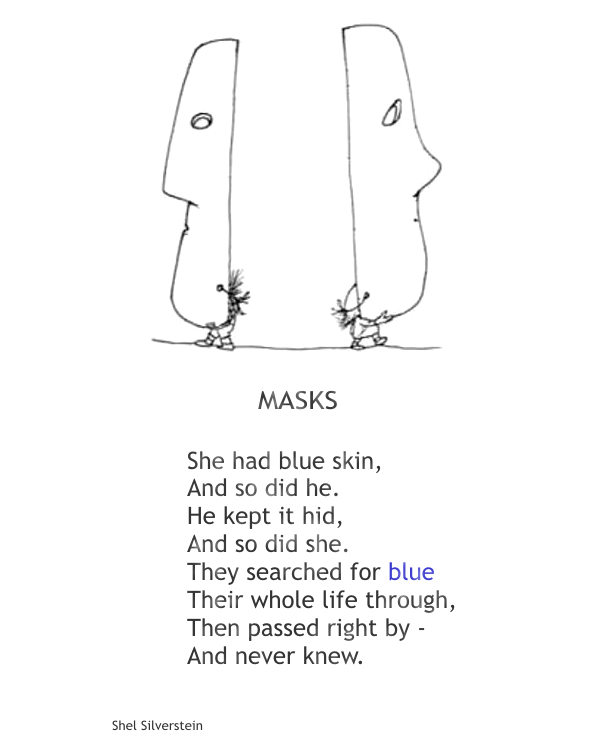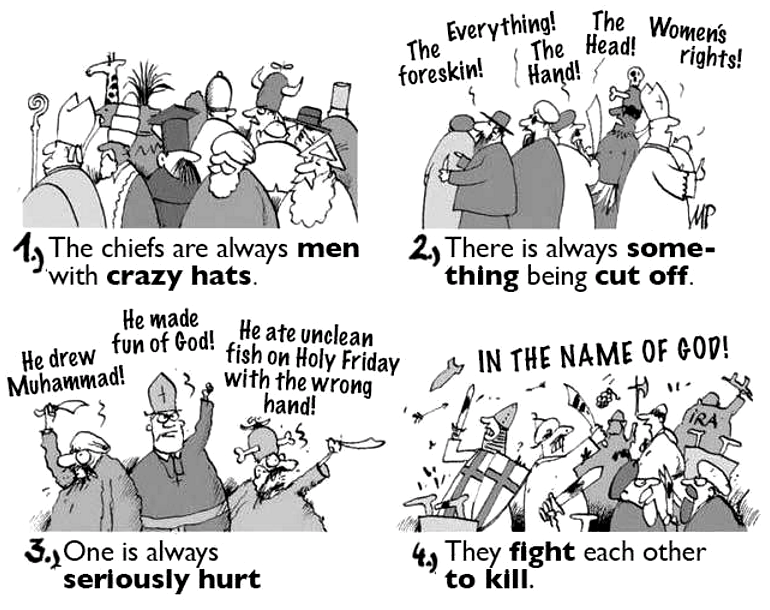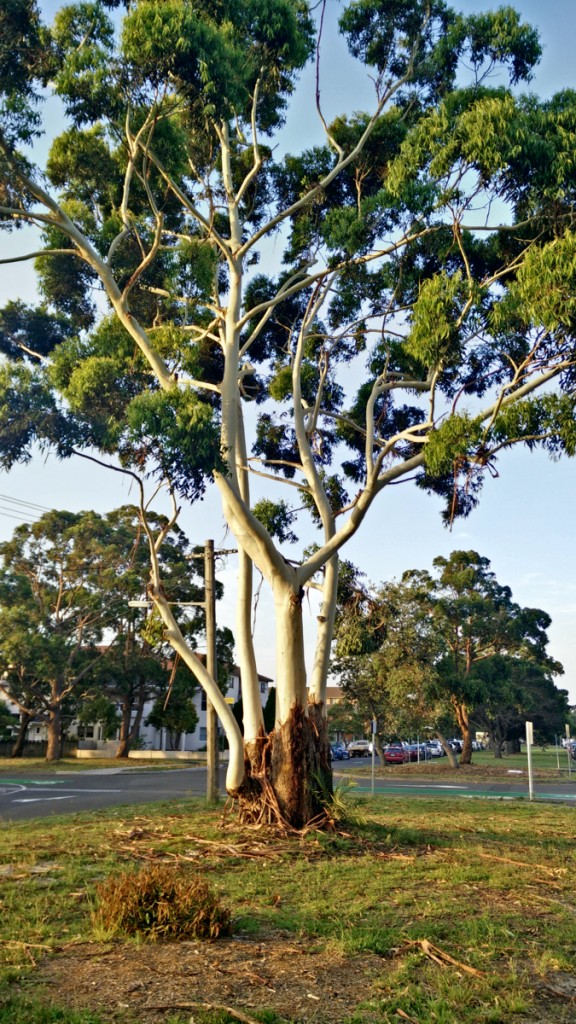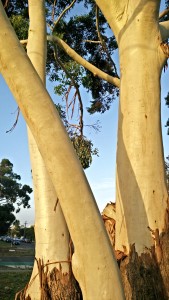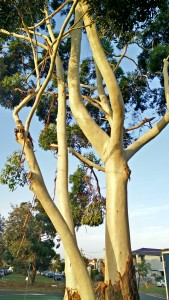From 'Elders' with Andrew Denton and Rosalie Kunoth-Monks
http://www.abc.net.au/tv/elders/transcripts/s2757492.htm
ANDREW DENTON V/O: Rosalie was born in 1937, by a creek bed at Utopia Station, in the Central Australian desert. Her mother was a traditional tribal woman. Her father was of mixed heritage or in her words “three quarter German.” Two vastly different backgrounds, coming together, right from the start. She lived with her mother’s people for her first years; it was the place she felt she belonged.
ANDREW DENTON: What strengths do you think you inherited from your mum and dad?
ROSALIE KUNOTH-MONKS: Specially from Mum I think I inherited the stability and the capability of loving without smothering.
ANDREW DENTON: Mmm.
ROSALIE KUNOTH-MONKS: Mmm.
ANDREW DENTON: And your dad?
ROSALIE KUNOTH-MONKS: From Dad, I guess it was more the European things, I mean I remember he told us in language that we were going to a place called “school” and he picked up a book and he said “You will be able to talk from this book, you will read”. We looked at each other, my brothers and I, “What is ‘read’?” New word. And he said “From now on, for the next three or four weeks, you going to talk English, I’m not going to talk language to you, crash course in English”. Of course we went silent, we didn’t know very many words in English.
ANDREW DENTON V/O: Another key influence was Rosalie’s grandmother, Amelia. The matriarch of the family on her fathers’ side, Amelia had married a white man.
ROSALIE KUNOTH-MONKS: She experienced tremendous amounts of racism from her husband’s side of the family and she’d walked straight and tall, right in the midst of that in a small town such as Alice Springs. And I guess a lot of who I am today is due to my grandmother on my father’s side and also with my mother and her people out at Utopia.
ANDREW DENTON V/O: When Rosalie was 10, Amelia decided it was time for St Mary’s boarding school.
ROSALIE KUNOTH-MONKS: St Mary’s as a whole was to me foreign simply because I hadn’t seen so many children in one spot and the other thing was that they were all Aboriginal – black kids. And the other thing I think that struck me was that I had been told that prior to going to a place called “school” that I had to be boiled, to make me lighter or more white. So I thought, they’re going to boil all these kids plus my brothers and I and it was a very real feeling and it stuck with me for many years because, um, somehow right at the beginning my colour was not acceptable.
ANDREW DENTON: You must have been terrified.
ROSALIE KUNOTH-MONKS: I was, I was, yeah.
Read the complete transcript and watch the video here

